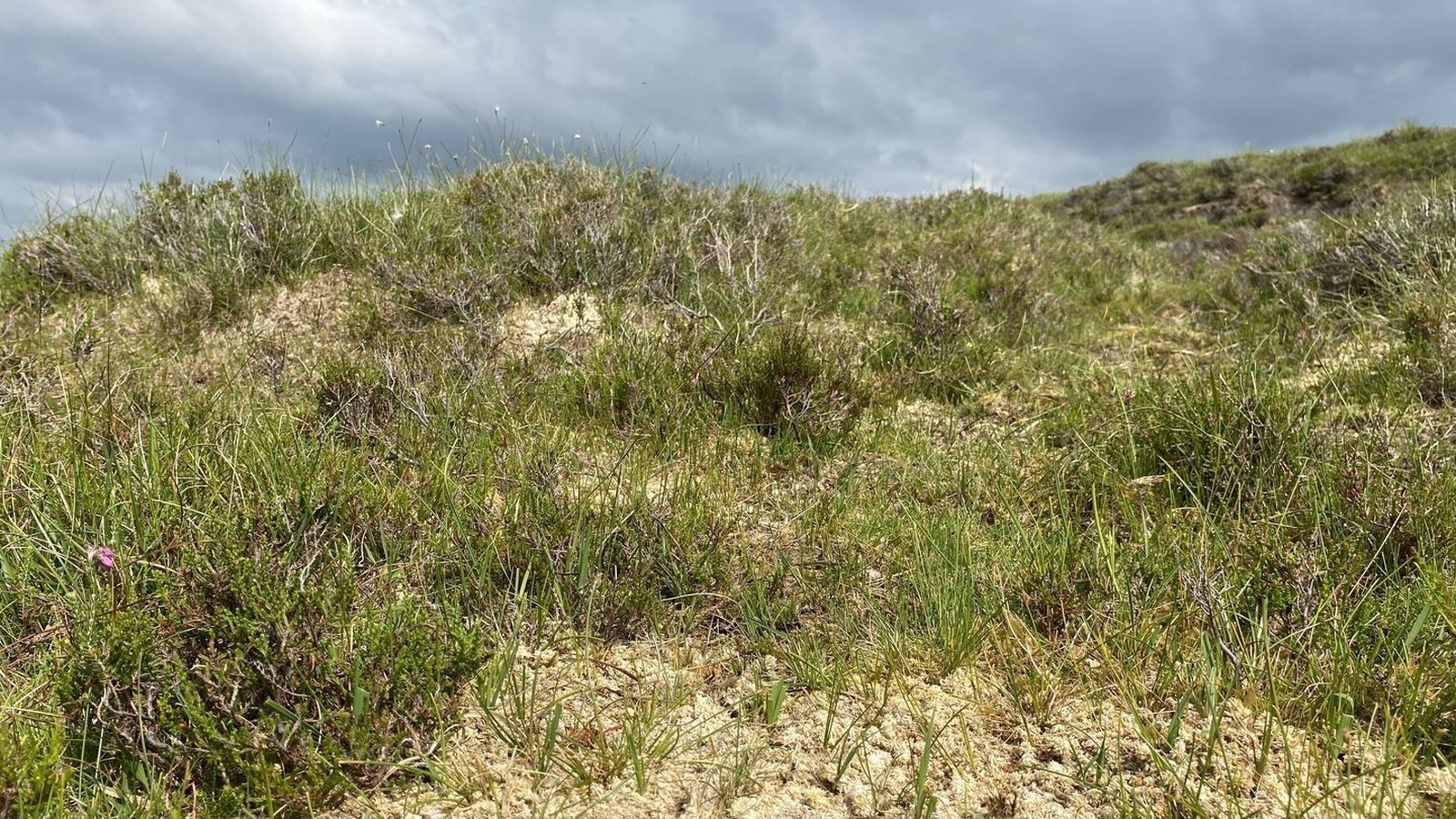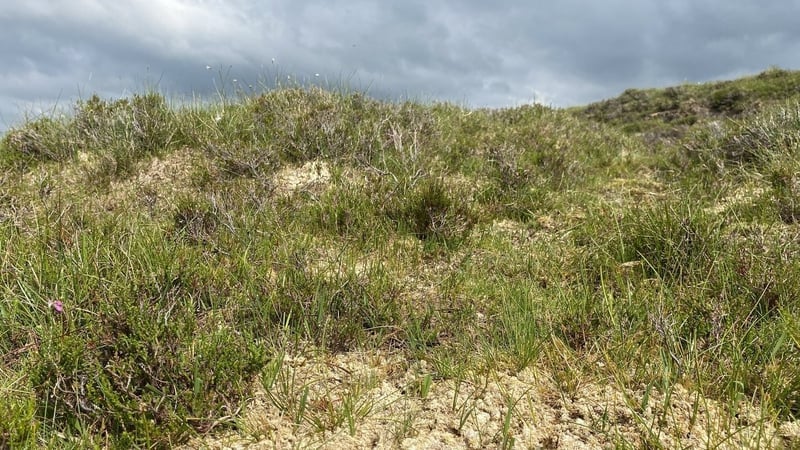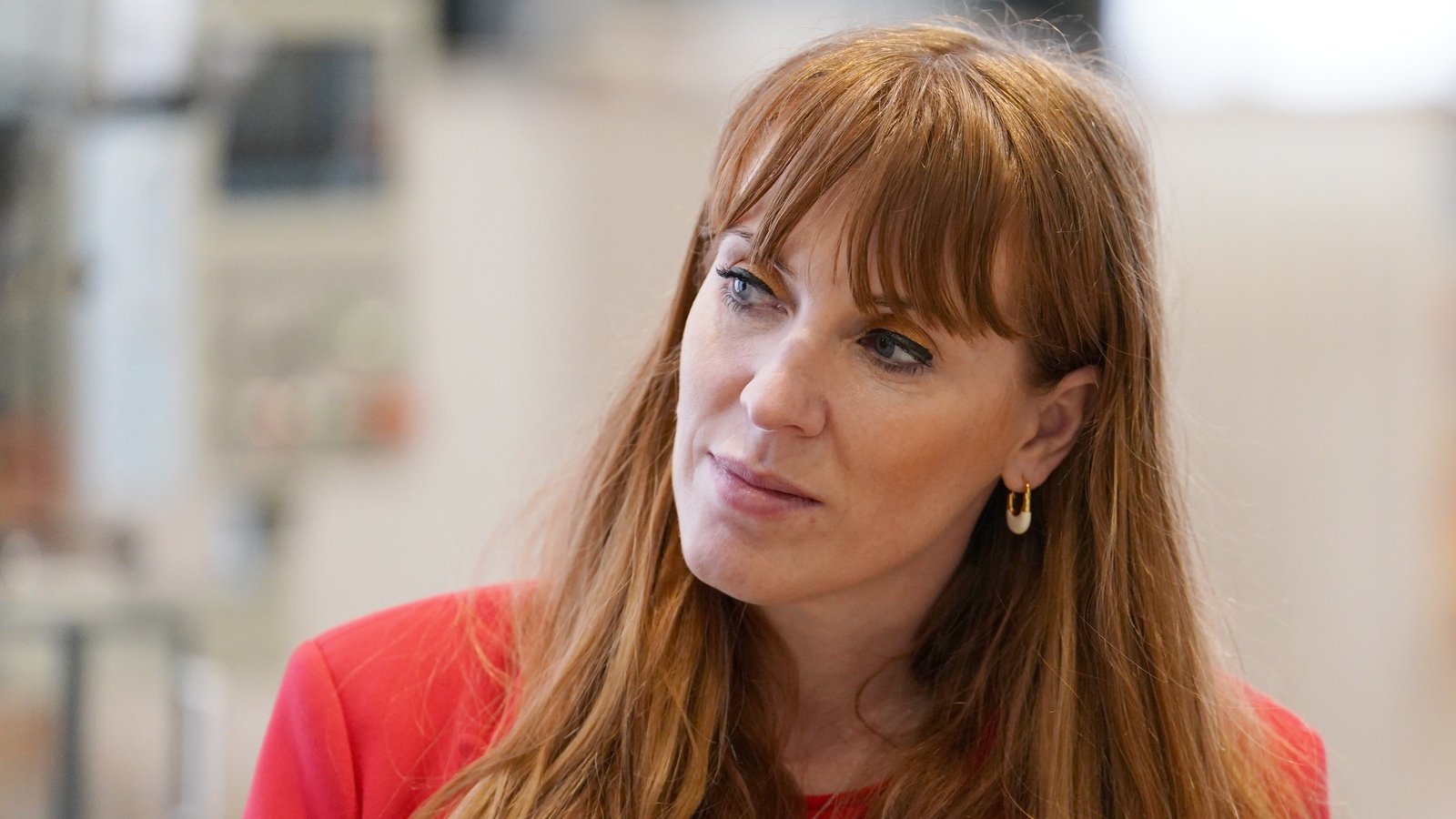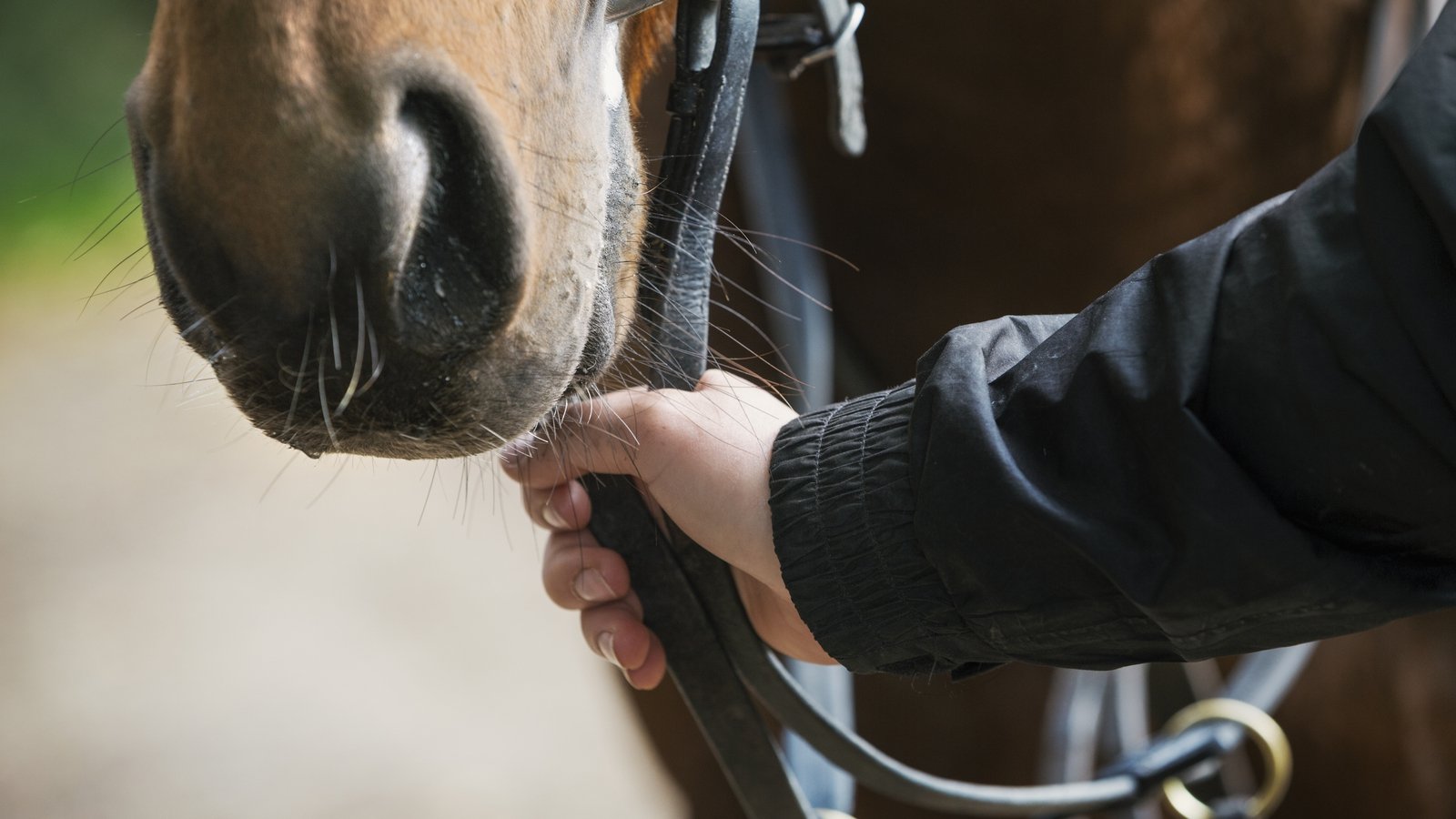West of Ireland biodiversity scheme scores EU prize


A scheme which pays farmers in the west of Ireland for actions to support biodiversity and draw down carbon from the atmosphere has been recognised with a prize from the European Union.
The Wild Atlantic Nature project is focused on 35 blanket bog project sites in counties Donegal, Leitrim, Sligo, Mayo and Galway.
Farmers in these areas receive results-based payments for changes they make on their farms, which help nature.
820 farmers have participated, with more than €3 million in direct payments made. The government says practical knowledge gained has informed the development of the Department of Agriculture’s results-based Agri Climate Rural Environment Scheme Cooperation Project (ACRES CP).
It is one of five projects selected from almost 100, selected for a prize by the EU’s Natura 2000 Award. It was recognised in the Working Together for Nature category.
Last year, RTÉ News visited one farm in County Mayo to see how the scheme works.
Gary and Breege Ginty took over his parents’ farm in Ballycroy, north of Westport, ten years ago, and they signed up for the scheme in 2021.
It is a mixed sheep and cattle farm.
Mr Ginty told RTÉ News the Wild Atlantic Nature scheme is different: “It is recognising the type of land that we are farming, the mountain type land around here, the difficulties in farming it.”
Two years in, he was looking at the farm he grew up on with fresh eyes: “We are starting to recognise the value of our land here, the high nature and environmental value, from a carbon perspective and an ecological perspective.”
Derek McLoughlin, Project Manager for the Wild Atlantic Nature scheme, explained the initiative focuses primarily on blanket bog areas and includes farms in conservation areas from as far south as the Clare-Galway border right up to north Donegal.
He said traditionally payments to farmers related to actions such as putting up fences or replacing gates, but this initiative rewarded results.
“This is one whereby we assess the environmental quality of the ground, the peatland, the grasslands and so on. The higher the ecological quality, the higher the score and the higher the payments the farmer receives.”
He said the focus is blanket bogs because “they are the highest quality habitats that we have, from a European perspective, they are like our rainforests here in Ireland. We have about 85% of European blanket bogs”.
The European jury found that: “The Wild Atlantic Nature project has delivered an extremely convincing demonstration of how farmers can be paid fairly and effectively to protect Natura 2000 sites and habitats.”
The scheme is led by the National Parks & Wildlife Service, and funded through the Department of Housing.
Minister Darragh O’Brien TD welcomed the news: “This is an incredible achievement and speaks volumes to the huge progress being made in our engagement with nature in Ireland.
“My congratulations to the NPWS, Derek McLoughlin and his team and to all the farmers and landowners involved in a win that is a truly a great reflection on partnership in nature”
Minister of State for Nature, Heritage and Electoral Reform, Malcolm Noonan added: “This award not only recognises the team’s hard work and dedication but also celebrates the role of farmers in tirelessly managing and protecting Ireland’s Natura 2000 network.
“Nearly 100 projects vied for five awards, and having the European judging panel validate the commitment and results of the Wild Atlantic Nature LIFE project is very special.”
In Mayo last year, the Ginty family told RTÉ News the scheme works because it helps his family to farm in a way that is sustainable for them.
Mr Ginty said, “We always had to work with the type of land we had, we could never abuse it, if you abused it, you would not have it.
“I go back to my grandparents’ stage when they came in here as herds people, they settled stock, be it sheep or cattle on the side of the mountain. The nature of that land….they could get out of it what it would give to them, so they never abused it.”
He respects what they passed onto him and hopes to have something to pass on to the next generation.
“What I will be passing on someday will be completely different to what I received, because everything has gone more sustainable, environmental, carbon focused. It will be a different way of farming.
“It will be environmental farming rather than livestock farming, I think, but there is nothing wrong with that, it is all a management thing. But the big question is, will my family that I pass it on to be able to make a living off it?”
Mr Ginty’s wife, Breege hoped the new agri-environmental approach would help sustain their family farm.
“You would hope maybe that the kids would take it on, if the money is in it, you cannot have something without the money coming into it.”





